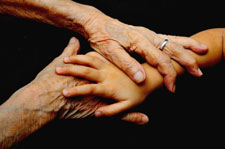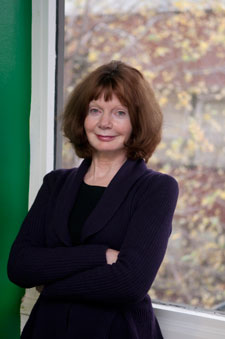Research reveals keys to quality of life in old age
Posted Friday 27 May 2011


Outlining the research at a debate on how to measure what matters to people, Professor Bowling told an audience of 200 academics, policy-makers, government officials and representatives from voluntary groups that an essential requirement for coping with the challenges of older age was to build reserves of social support and self belief. "These social and psychological resources enable people to make the most of their skills, opportunities and abilities so they can compensate when they can no longer do things," she said.
Opening the debate, Baroness Sally Greengross, chief executive of the International Longevity Centre-UK, said developing robust methods of measuring quality of life would help both the Government and individuals plan for the future. "Well-being means different things at different times to different people so we need precise methods of measurement," she said. "The long-term aim is to find out what can be done to improve the quality of life amongst older people."
The event at Staple Inn Hall in London on May 10 marked the national launch of a series of regional debates on quality of life in older age, being organised by the International Longevity Centre-UK and the Actuarial Profession in partnership with the ESRC.
- Universities Week is taking place from 13-19 June and aims to increase public awareness of the wide and varied role - economic, social and cultural - of the UK's universities. More than 100 universities and linked organisations are involved in the week.
- Find out more about the campaign by joining the Universities Week Facebook fan page.